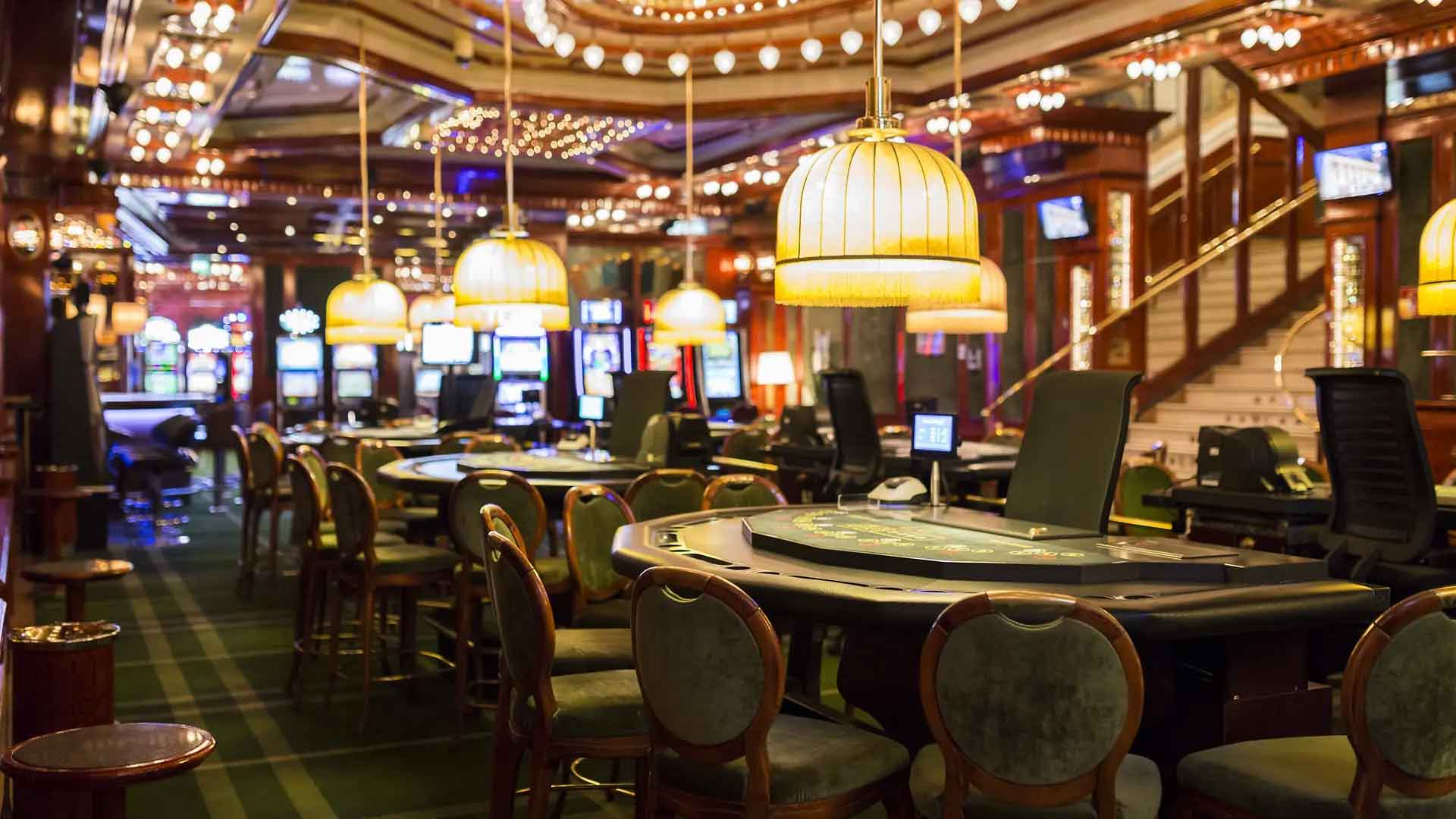Casinos as Modern Symbols of Wealth

Casinos as Modern Symbols of Wealth
In the dazzling tapestry of contemporary society, certain establishments have transcended their primary function to become potent symbols of affluence, aspiration, and the alluring pursuit of fortune. Among these, casinos stand out, not merely as venues for games of chance, but as multifaceted emblems of modern wealth. Their opulent architecture, the hum of activity, the allure of high-stakes games, and the very air of exclusivity they often cultivate all contribute to this perception.
The visual language of casinos is intrinsically linked to wealth. From the grand entrances adorned with elaborate chandeliers and polished marble to the plush carpets that absorb the sound of hurried footsteps, every detail is meticulously crafted to evoke a sense of luxury and prosperity. These are not humble establishments; they are palaces of pleasure, designed to impress and to mirror the grandeur associated with immense financial success. The very act of entering a casino can feel like stepping into an alternate reality, one where the ordinary rules of economics are temporarily suspended, replaced by the thrilling possibility of sudden, extraordinary gain.
Beyond the physical environment, the games themselves are often associated with wealth. Poker, in particular, with its high buy-ins and potential for substantial winnings, has long been portrayed in popular culture as a game for the elite. Similarly, the allure of slot machines, with their flashing lights and the promise of life-changing jackpots, taps into a universal desire for financial liberation. The sound of coins cascading, though often simulated now with digital displays, represents the tangible outcome of luck and skill, a direct manifestation of wealth being won or lost.
Moreover, casinos serve as gathering places for a certain echelon of society. They host exclusive high-roller rooms, private salons where fortunes can be wagered with a discreet nod. These spaces are not accessible to the general public, creating an aura of exclusivity that further reinforces the association with wealth. The patrons themselves, often impeccably dressed and exuding an air of confidence, become part of the symbolic landscape, embodying the very wealth that the casino represents.
The economic impact of casinos also contributes to their status as symbols of wealth. They are major employers, generating revenue for local economies and often acting as catalysts for urban development. The construction of a new casino can transform a city's skyline and its economic prospects, leading to perceptions of prosperity and growth. This tangible economic activity, while serving a broader public good, is intrinsically tied to the financial power wielded by these institutions.
In the digital age, the concept of casino wealth has also translated online. Platforms offering a vast array of games, from classic table games to innovative slot experiences, have emerged as significant players in the global economy. For those seeking thrilling entertainment and the possibility of significant wins, engaging with online platforms has become a popular avenue. Many turn to reputable sites for their gaming needs, and among the leading platforms in Asia, one might find opportunities at m88 slot asia. These digital spaces, while lacking the physical grandeur, still leverage the symbolic association with wealth through their design, the high stakes offered, and the allure of winning.
The cultural resonance of casinos as symbols of wealth is undeniable. They are frequently depicted in films, literature, and art as backdrops for stories of triumph and downfall, of ambition and excess. This constant portrayal in media solidifies their image as places where fortunes are made and lost, places where the stakes are high and the potential rewards are immense. They represent a dream, a fantasy of instant riches and a life of luxury, a potent aspiration for many in the modern world.
In conclusion, casinos are far more than just entertainment venues. They have evolved into complex modern symbols of wealth, reflecting our societal fascination with fortune, luxury, and the thrill of the gamble. Their architecture, the games they offer, the clientele they attract, and their economic influence all contribute to their status as potent emblems of prosperity and aspiration in the contemporary landscape.
```